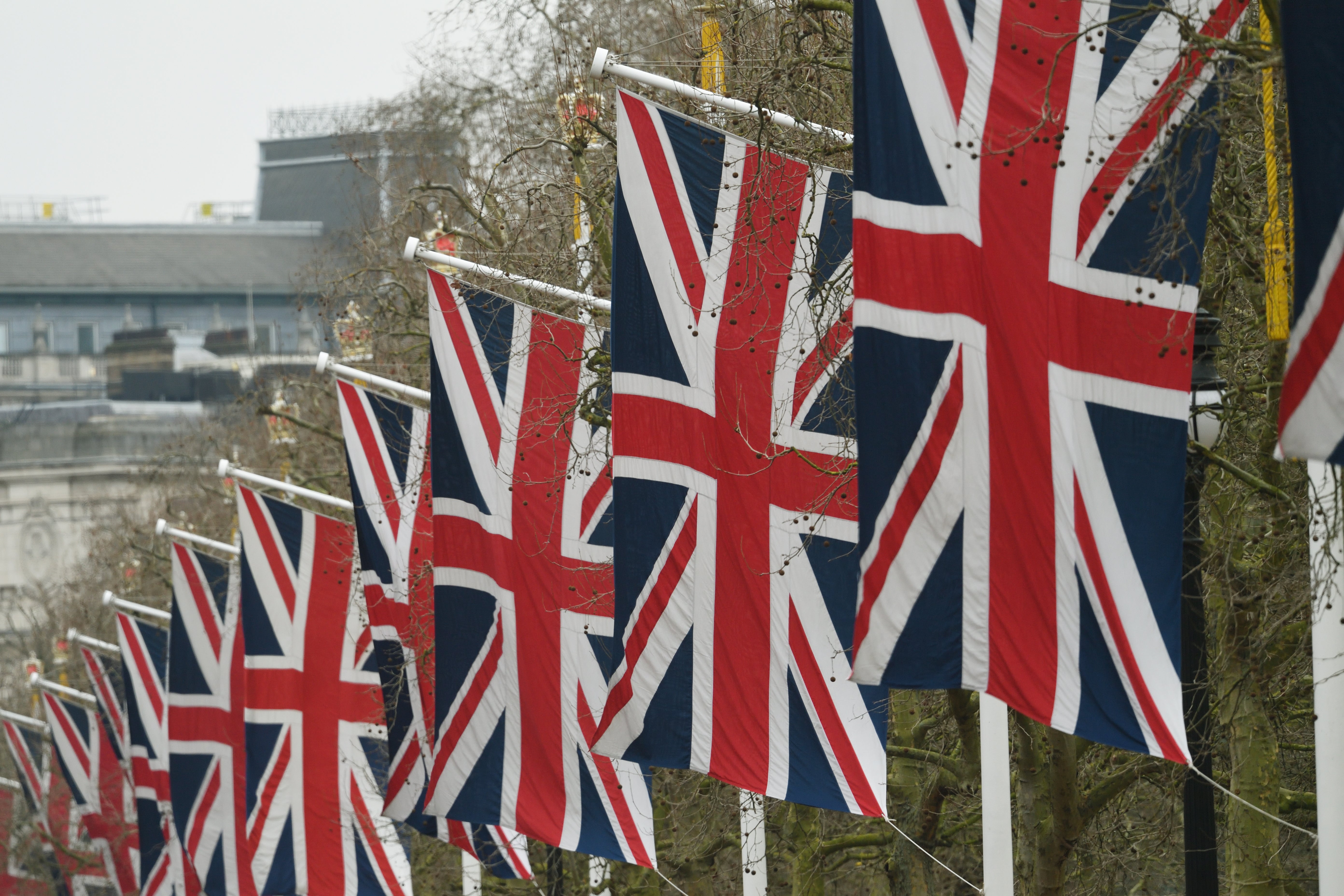Poll finds a majority of Britons would be comfortable with ethnic minority PM
The British Future poll found 26% of those asked were ‘positive’ about the prospect and 58% did not think a PM’s ethnicity was relevant.

Your support helps us to tell the story
From reproductive rights to climate change to Big Tech, The Independent is on the ground when the story is developing. Whether it's investigating the financials of Elon Musk's pro-Trump PAC or producing our latest documentary, 'The A Word', which shines a light on the American women fighting for reproductive rights, we know how important it is to parse out the facts from the messaging.
At such a critical moment in US history, we need reporters on the ground. Your donation allows us to keep sending journalists to speak to both sides of the story.
The Independent is trusted by Americans across the entire political spectrum. And unlike many other quality news outlets, we choose not to lock Americans out of our reporting and analysis with paywalls. We believe quality journalism should be available to everyone, paid for by those who can afford it.
Your support makes all the difference.Most Britons would be comfortable with an ethnic minority politician becoming the next Prime Minister, according to new research.
On Wednesday, the independent think-tank British Future published a snapshot of society and its attitudes towards diversity.
Just under three-quarters of people polled saw diversity as a part of British culture, rather than a threat to it – up from less than half (49%) in 2011.
And 84% of those polled indicated they would be comfortable with an ethnic minority Prime Minister succeeding Boris Johnson, compared to only 10% saying it would be a negative development.
The poll found 26% of those asked were “positive” about the prospect and 58% did not think a PM’s ethnicity was relevant.
But less than half of those surveyed felt relations between ethnic groups had improved over the past ten years.
While a third of ethnic minority Britons thought progress would be made on combating racism in the decade to come, a quarter feared things would get worse, the survey found.
Ethnic minority Britons were also nearly twice as likely to be worried about unemployment as white respondents, by 23% to 12%.
The diversity of our society is a settled fact. The debate we now need in the 2020s is what we should do to make that work fairly for Britons of every creed and colour
They were also twice as likely to be worried about opportunities for young people, the research found.
British Future director Sunder Katwala said: “When the Queen first came to the throne Britain was still debating whether we could or should be a multi-ethnic society.
“Seventy years on we know who we are – the diversity of our society is a settled fact.
“The debate we now need in the 2020s is what we should do to make that work fairly for Britons of every creed and colour.
“All of our institutions have roles to play, from the monarchy itself to business, politics, culture and sport.
“What our research finds is that there’s much common ground on which to build a positive agenda for how we live well together in our shared society.”
The report also examined national attitudes to identity and symbols, such as the Union Jack and England flag.
The Union Jack was widely associated with the monarchy, Team GB, the Armed Forces and with pride and patriotism.
However, a quarter of people associated it with racism and extremism – a rise from 2012.
The England flag was seen as representing pride and patriotism for 60% of the public, rising slightly to 62% among minority groups.
But for 32% of people it represented racism and extremism, rising to 43% among ethnic minority groups.
Just over half (51%) of respondents felt Jubilee events would help unite the country, but less so among the young and ethnic minority Britons.
The majority of people – 58% – wanted to keep the monarchy, compared with a quarter who felt the end of the Queen’s reign would be the right time to become a republic.
The Focaldata poll of more than 2,000 British people earlier this year was commissioned for British Future’s Jubilee Report marking its 10th anniversary.
Subscribe to Independent Premium to bookmark this article
Want to bookmark your favourite articles and stories to read or reference later? Start your Independent Premium subscription today.